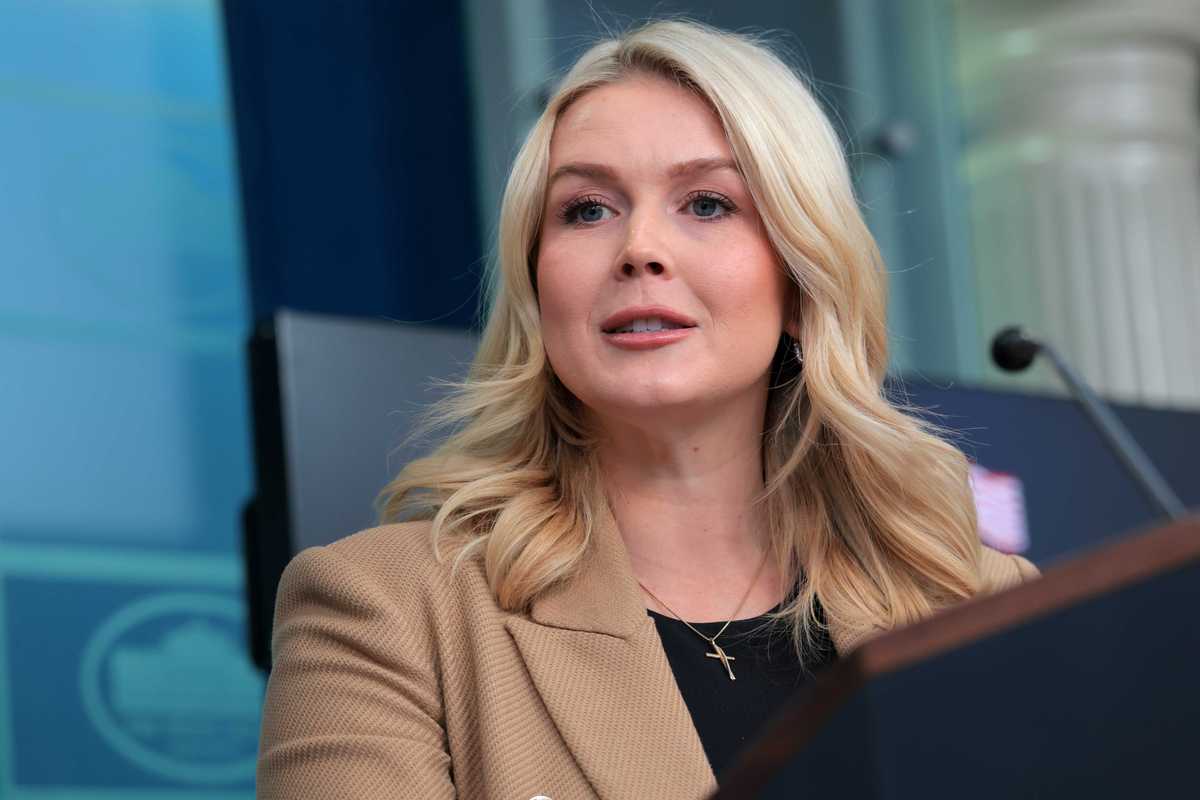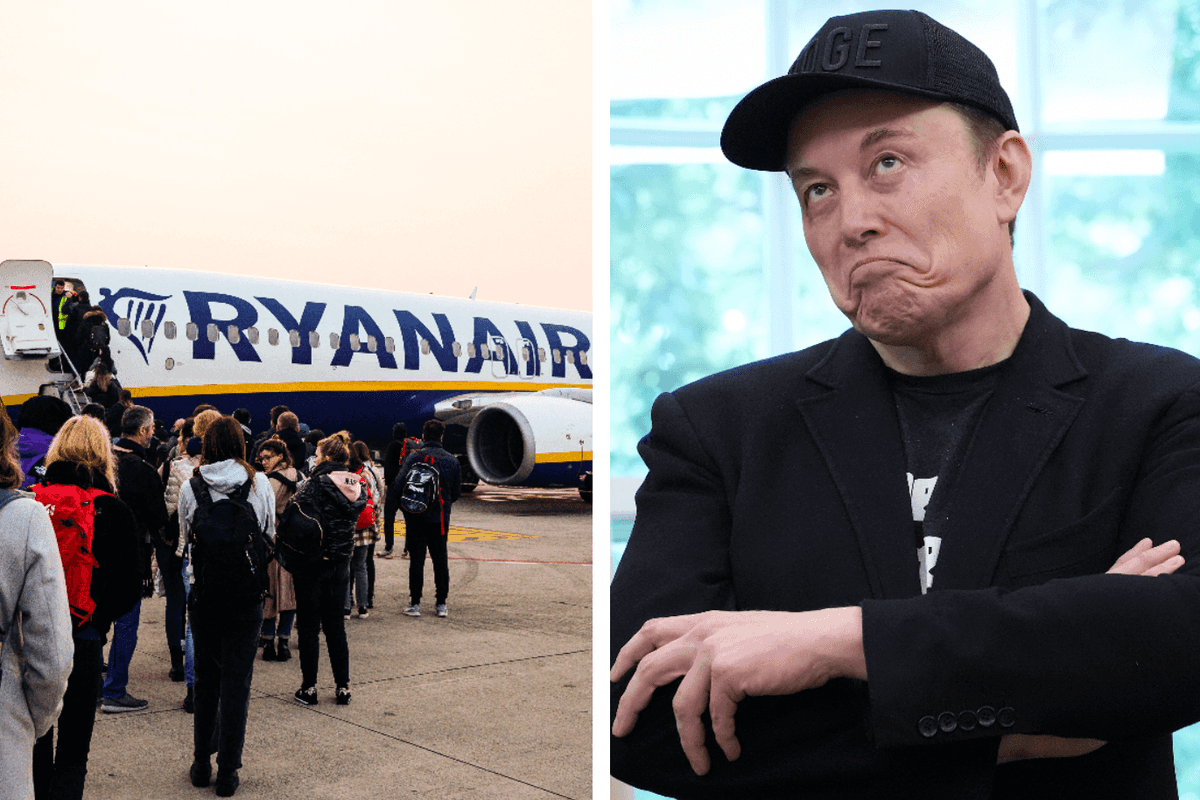Kate Plummer
Nov 09, 2022
Boris Johnson says he's 'focused on what matters' when asked if he …
Indy
Boris Johnson's resignation honours list has hit the headlines with a huge amount of controversy - how typical of something associated with Johnson.
Outgoing prime ministers are allowed to appoint peerages, knighthoods, damehoods or other awards in the British honours system to any number of people.
It is done to reward staff and allies and in the case of peerages, the House of Lords Appointments Commission vets the list.
But Johnson's choice has rattled people in particular and the reasons why are complex.
\u201cNEW:\n\nBoris Johnson\u2019s resignation honours list has been revealed, individuals getting nominated for peerages includes:\n\n- Former DCMS Secretary Nadine Dorries.\n- Scottish Secretary Alister Jack.\n- Former Minister Nigel Adams.\n- Former Business Secretary Alok Sharma.\u201d— British Electoral Politics (@British Electoral Politics) 1667860885
For one, look at the people the Times reports he is putting in the Lords. They are 20 people including Alister Jack, the Scotland secretary, Nadine Dorries, the former culture secretary, Nigel Adams, a former minister, and Alok Sharma, the outgoing Cop26 president.
Sign up to our free Indy100 weekly newsletter
The publication says the MPs have agreed to delay taking peerages until the end of this parliament to avoid triggering by-elections.
Dorries is never far from an outlandish opinion or media gaffe but that is only the start of it.
Shaun Bailey, the former mayoral candidate who resigned as chairman of the London Assembly’s police and crime committee last year after a photograph emerged of him breaking Covid rules at a party, has been nominated, showing you can be rewarded for some very dodgy behaviour indeed.
The list also includes David Ross, the multimillionaire Tory donor and Carphone Warehouse co-founder. In 2020, Johnson faced questions about whether Ross funded a holiday to Mustique with Carrie Symonds. The PM had registered the trip as a £15,000 gift from Ross. Ross later denied it and said he helped Johnson find accommodation on the private island.
Ross, who has an estimated fortune of £1bn has donated hundreds of thousands of pounds to the Conservative Party, including £250,00 for the 2019 general election campaign and a £10,000 donation to Johnson in July 2020.
It is giving cronyism.
He also plans to ennoble former advisers including Ross Kempsell, a journalist turned adviser for Johnson who was the person to facilitate Johnson's bizarre "painting buses" interview. At the time, some suggested this was deliberately cooked up to distract people from Johnson's many misdemeanors.
There's also Charlotte Owen, a former assistant to Johnson believed to be in her late twenties who could therefore be the youngest person in history to join the institution.
Dan Rosenfield, the former Downing Street chief of staff, and Ben Gascoigne, a former deputy chief of staff, are also on the list while Ben Houchen, the Tory mayor for Tees Valley, and Kulveer Ranger, a former adviser to Johnson at City Hall have also been nominated.
Aside from the people on the list itself, consider the fact that the former PM is making the list while he is investigated by the privileges committee on a charge of misleading the house. If it is found that he did, he could be removed from it.
Then there is the whole peerage and enoblement system in general. It is archaic, not very democratic at all and politicians can use it to put their allies in positions of power.
Then there's the cost. The honours would cost British taxpayers £559,180 a year, based on estimates by the Electoral Reform Society of an annual cost of £27,959 per peer, the Express reports.
With all that in mind, Labour's deputy leader Angela Rayner said the prime minister should "refuse to do Boris Johnson's bidding" and reject his demands.
"This disgraced ex-prime minister's plot to dodge democracy by trying to reward his MP lackeys with promised jobs for life in the House of Lords yet again puts the Tory Party's interests before the public's," she said in a statement.
"These underhand attempts to game the system by installing a conveyor belt of cronies and skewing parliament in the Tories' favour for decades to come should never see the light of day.
"Rishi Sunak should make it clear in no uncertain terms that he will refuse to do Boris Johnson's bidding and reject his disreputable demands."
Here are some other takes on the news:
\u201cNever has the need for Lords reform been clearer \n\nBut it must be done as part of wholesale reform of our electoral system\n\n* PR for all elections \n* Reformed second chamber \n* No photo ID for voting \n* Votes at 16\u201d— Caroline Voaden (@Caroline Voaden) 1667892558
\u201cJohnson\u2019s grotesque chumocracy patronage reinforces the case for an elected body to replace the House of Cronies. \n\nThere are some very good people in the place yet too many are jobs-for-life pals and hereditary peers.\u201d— Kevin Maguire (@Kevin Maguire) 1667893430
\u201cThis is what happens when you have a second parliamentary chamber based on parentage and patronage.\n\nThe House of Lords should be abolished but the spectacle of a disgraced Prime Minister handing out peerages to his acolytes is utterly outrageous.\u201d— Andy McDonald MP (@Andy McDonald MP) 1667898867
\u201cThis summer, Mr Speaker became agitated when I asked Boris Johnson - in his final #PMQs - about his upcoming resignation honours list. I predicted a Lavender List of \u201cdodgy donors and obsequious courtiers\u201d.\u201d— JOHN NICOLSON M.P. (@JOHN NICOLSON M.P.) 1667902935
\u201cThis just speaks to how corrupt the Westminster system is. Time to get away from this sham of a place. #YouYesYet?\u201d— Tommy Sheppard MP (@Tommy Sheppard MP) 1667908812
\u201cHonour (noun): the quality of knowing or doing what is morally right\u201d— Women's Equality Party (@Women's Equality Party) 1667899430
It is a simple and fundamental principle that the government derives its democratic legitimacy from the people. The future of the country must not be decided by plotting and U-turns at Westminster; it must be decided by the people in a general election. And for this reason The Independent is calling for an election to be held. Have your say and sign our election petition by clicking here.
Have your say in our news democracy. Click the upvote icon at the top of the page to help raise this article through the indy100 rankings.
Top 100
The Conversation (0)














